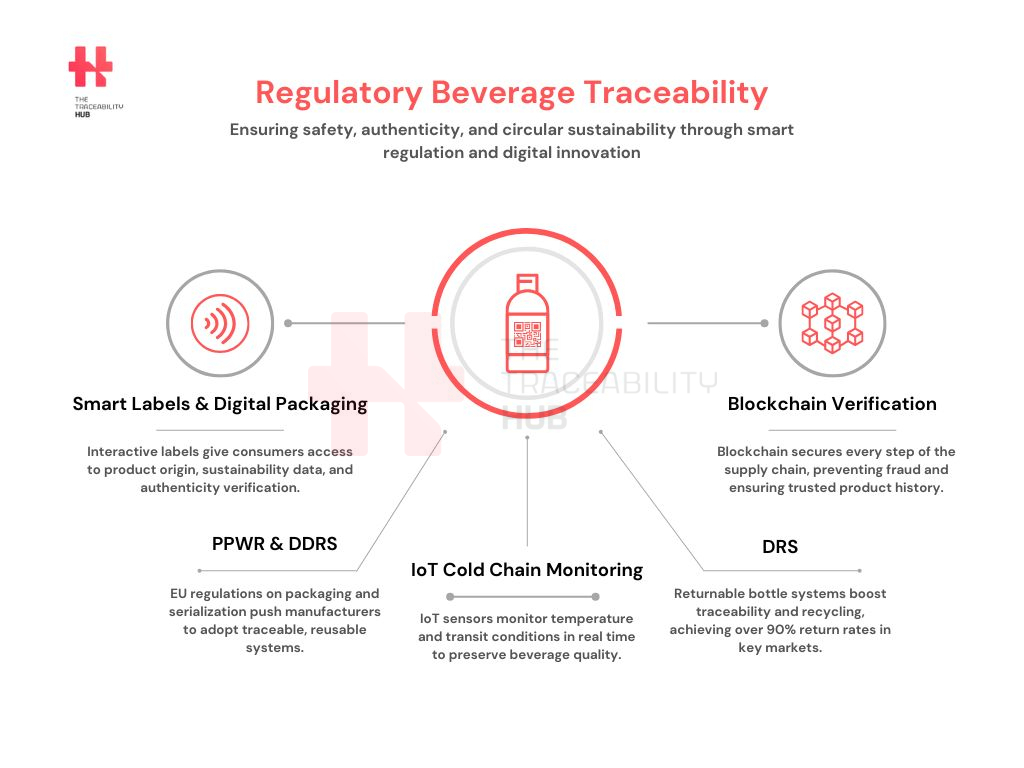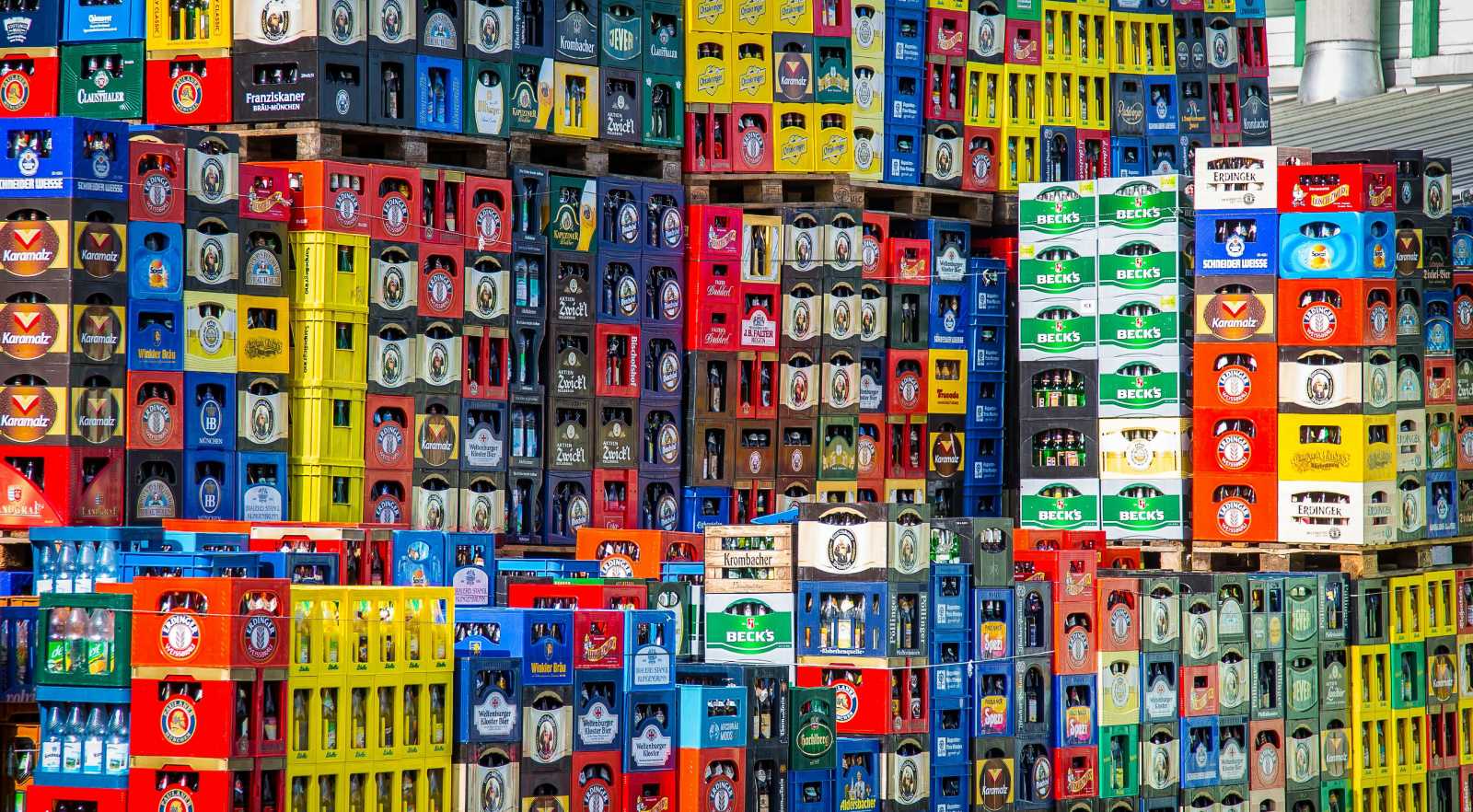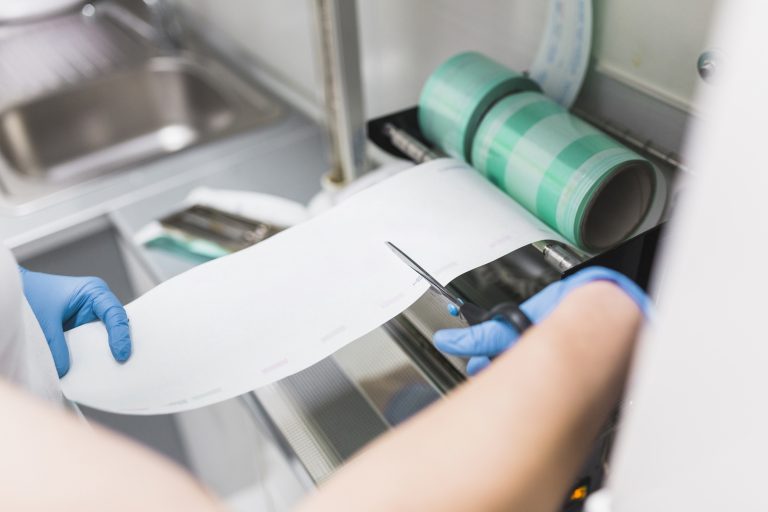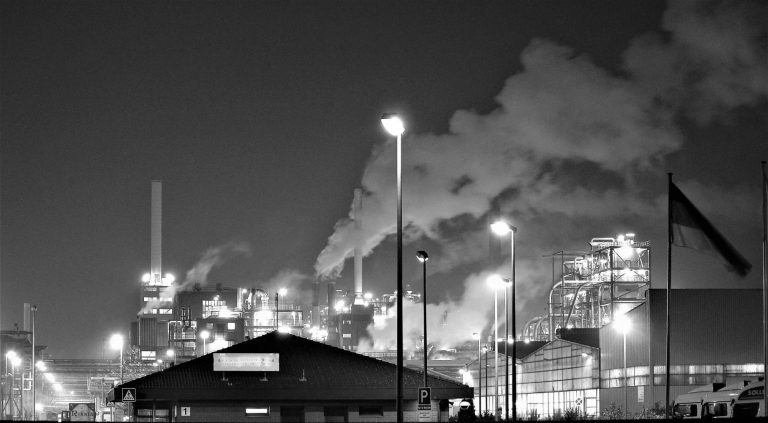Beverage Traceability Standards
Traceability in the beverage industry is crucial for ensuring safety, authenticity, and sustainability. With increasing concerns about food safety, counterfeit products, and environmental impact, reliable traceability systems are necessary to maintain consumer trust and regulatory compliance. Regulatory bodies worldwide are enforcing stricter transparency requirements for supply chains and responsible beverage packaging.
Beverage manufacturers must adapt to these evolving rules to avoid penalties and enhance their sustainability efforts. Key regulations, such as the packaging and packaging waste regulation (PPWR), deposit return systems (DRS), and digital deposit return system (DDRS) serialization, are reshaping how beverages are produced, distributed, and consumed.
Regulatory Beverage Traceability

Key Regulations Impacting Beverage Traceability
Beverage Packaging and Packaging Waste Regulation (PPWR)
PPWR is a European Union initiative working to promote sustainability and reduce beverage packaging waste. This regulation mandates that all packaging must be recyclable or reusable by 2030, aligning with circular economy principles.
Beverage manufacturers must redesign packaging strategies to comply with these recyclability and reuse requirements. This shift impacts sourcing, production costs, and supply chain logistics, necessitating innovation and investment in sustainable materials.
Deposit Return Systems (DRS) in Beverages
Deposit return systems (DRS) are gaining traction across Europe to encourage consumers to return beverage containers for recycling or reuse. This system assigns a small refundable deposit on beverage packaging, incentivizing proper disposal.
DRS enhances beverage traceability by ensuring the collection of containers and efficient recycling, reducing waste and carbon footprints. Countries like Germany and the European Nordic nations have demonstrated high success rates, achieving over 90% return rates on beverage containers.
DDRS Serialization in Beverages
Serialization under the digital deposit return system (DDRS) is revolutionizing product traceability in beverages. By embedding unique digital identifiers such as DataMatrix codes, RFID tags, and smart labels, manufacturers can track each product throughout its lifecycle.
This serialization framework helps prevent counterfeiting, enhances beverage supply chain efficiency, and improves compliance with returnable packaging systems. It also offers consumers verifiable proof of authenticity, reinforcing brand trust.
Technology Driving Beverage Traceability
Digital Labelling & Smart Packaging Traceability
Technologies like QR code drink tracking, NFC tags, and blockchain are transforming beverage packaging into interactive information hubs. Consumers can scan codes and digital labels to verify authenticity, trace product origins, and access sustainability metrics.
These smart packaging traceability solutions promote transparency while fostering consumer engagement, enabling brands to communicate directly with customers about nutrition facts, recipes, ingredients, certifications, and ethical sourcing.
Cold Chain and IoT Beverage Monitoring
Maintaining the integrity of perishable beverages requires effective temperature control throughout the supply chain. IoT-enabled cold chain beverage monitoring ensures real-time tracking of storage and transportation conditions.
RFID beverage tracking and sensor-based technologies play a critical role in detecting temperature fluctuations, ensuring product quality, and reducing spoilage.
Blockchain Beverage Traceability
Blockchain beverage traceability technology provides an immutable ledger for recording every step of a beverage’s journey from production to sale. This ensures transparency, prevents fraud, and reinforces regulatory compliance.
Luxury and specialty beverage brands leverage blockchain to combat counterfeiting. For instance, premium alcoholic beverages use blockchain-based serialization to offer consumers digital certificates verifying the authenticity of their purchases.
Challenges in Implementing Beverage Traceability
Compliance Costs & Infrastructure Needs
Implementing serialization and sustainable beverage packaging can be costly, especially for small and mid-sized beverage producers. The need for advanced infrastructure, regulatory know-how, and supply chain modifications presents financial and operational hurdles.
Beverage Industry Standardization Across Markets
Regulatory approaches to traceability vary between the EU, US, and emerging markets, creating challenges for global beverage brands. Differences in labelling requirements, serialization standards, and recycling policies necessitate adaptable compliance strategies.
Consumer Awareness & Adoption of Digital Labels
Despite the advantages of digital labelling, consumer education remains a challenge. Many consumers are unaware of the benefits of scanning QR code drink tracking codes and smart labels, requiring brands to invest in awareness campaigns.
Beverage Traceability Case Studies: Companies Implementing Beverage Supply Chain Transparency
Coca-Cola: Adoption of PPWR-Compliant Packaging & Smart Labelling
Coca-Cola has proactively aligned its packaging with PPWR requirements by increasing recyclable and reusable materials. The company also integrates QR code drink tracking on labels to provide real-time sustainability data, enhancing supply chain transparency and consumer engagement.
Carlsberg: Integration of Returnable System (DRS) for Sustainable Bottle Reuse
Carlsberg successfully implemented a deposit return scheme (DRS) in Latvia, collecting over 228 million beverage containers within the first year. Leveraging experience from Lithuania and Estonia, the company refined logistics and reverse beer supply chain tracking strategies to optimize efficiency.
Moët Hennessy: Blockchain-Based Serialization for Product Authenticity
Moët Hennessy uses blockchain-based serialization to combat counterfeiting. Through the AURA blockchain consortium, the brand offers consumers a secure digital certificate linked to each bottle, ensuring traceability from production to purchase, enhancing brand protection and regulatory compliance.
Future of Product Traceability in Beverages
The future of beverage traceability lies in further digitalization and automation. Emerging technologies such as AI-driven analytics, advanced serialization, and machine learning-based fraud detection will continue to shape the industry. Sustainability will remain a focal point, with increased emphasis on circular economy models and eco-friendly packaging solutions. Governments and regulatory bodies will likely expand traceability mandates to ensure global food and beverage safety.
Beverage Compliance Tracking: Next Steps
Regulatory traceability in beverages is essential for ensuring safety, authenticity, and sustainability. Evolving regulations like PPWR, DRS, and DDRS serialization are driving industry-wide transformations.
Digitalization is the key to future-proofing beverage traceability, with smart labelling, blockchain, and IoT technologies leading the way. As the industry adapts, companies must proactively invest in compliance, consumer education, and innovative supply chain solutions.
Now that we’ve explored regulatory traceability in beverages, let’s dive into the critical role of serialization and compliance in water and beer supply chain tracking.
Read more: Serialization & Compliance in Beverage Supply Chains: Beer & Water Regulations.






